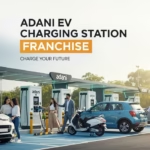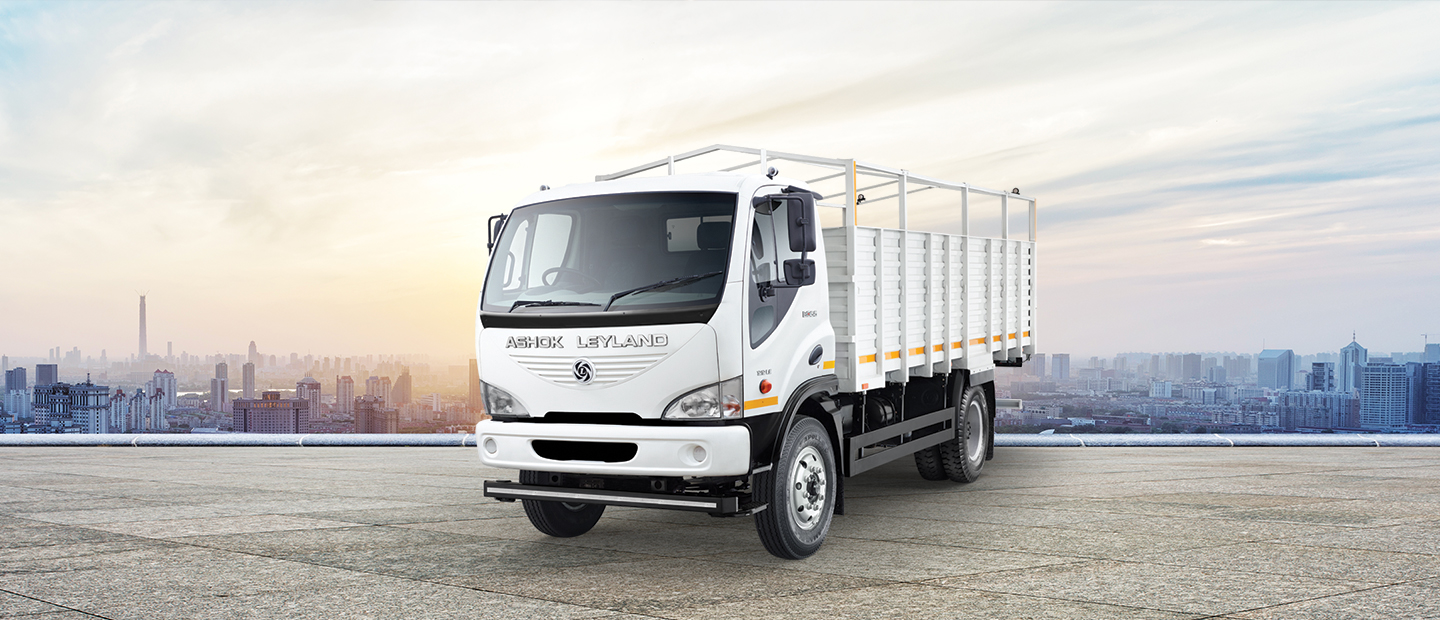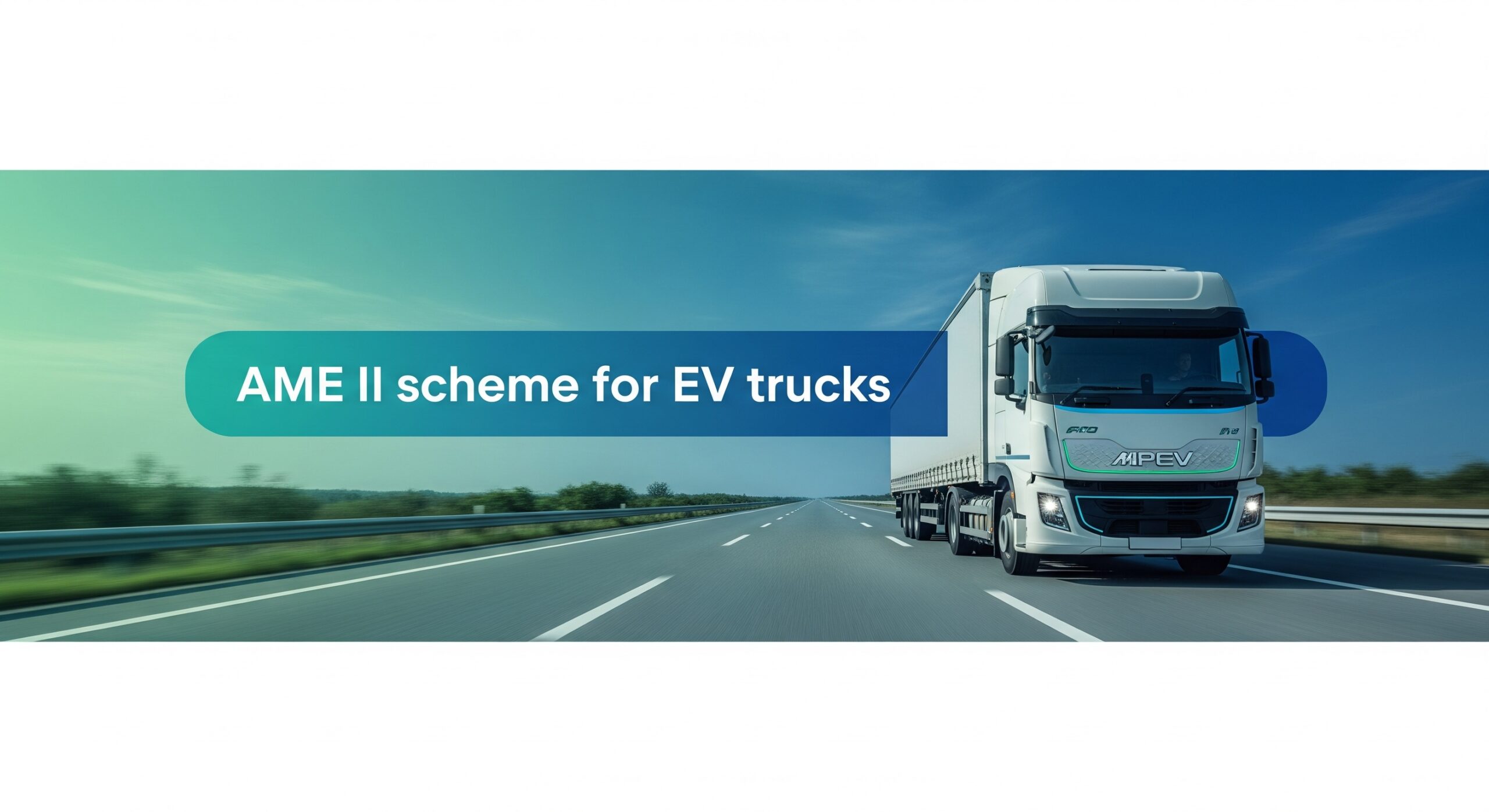India is in the middle of an electric revolution. EV sales are growing 40–50% year-on-year, and governments are pushing for cleaner mobility. But while most people think of EVs as a consumer market, the real business opportunity lies in charging infrastructure.
And here’s the big question many aspiring entrepreneurs ask:
👉 “Can I start an EV charging station franchise without owning land?”
The answer is YES. You don’t need to be a big landlord. With the right partnerships, franchise model, and site strategy, even middle-class investors can enter this business with smart planning. In this blog, we’ll walk you through costs, franchise models, ROI, city selection (Tier-1/2/3), and practical steps to launch.
Why EV Charging is the Next Big Franchise Opportunity
-
12,000+ public charging stations are already live in India (2024 data), but demand is still way higher.
-
Major OEMs (Tata, Mahindra, MG, Hyundai) are rolling out EVs faster than chargers can keep up.
-
Fleets (Ola, BluSmart, logistics vans) are switching to EVs and need dependable charging hubs.
-
States like Delhi, Maharashtra, Karnataka, and Tamil Nadu are offering subsidies and tax incentives.
This creates a once-in-a-decade chance for entrepreneurs to enter charging-as-a-service.
Can You Start Without Land? (Yes — Here’s How)
If you don’t own land, there are still several proven ways to run an EV charging franchise:
-
Franchisor-assisted sites – Brands like Tata Power EZ Charge or Jio-bp help partners find and lease suitable sites.
-
Host partnerships – Install chargers at malls, hotels, apartment complexes, factories, or supermarkets on a revenue-sharing basis.
-
Petrol pump tie-ups – Partner with existing fuel stations; they provide land, you bring the EV charging brand.
-
Fleet depot model – Tie up with delivery fleets, cab aggregators, or logistics companies. They provide parking space, you install chargers.
-
Mobile charging units – Portable charging vans for 2W/3W fleet operators (low-cost entry option).
So, lack of land is no longer a barrier — partnerships make this business accessible.
EV Charging Station Franchise Cost Breakdown (2025)
Here’s a simple table showing what it really costs:
| Item | Cost Range (INR) | Use Case |
|---|---|---|
| AC Charger (7–11 kW) | ₹40,000 – ₹1,50,000 | 2W/3W slow charging |
| AC Charger (22 kW) | ₹1.0 – ₹2.0 lakh | Cars, offices, apartments |
| DC Fast Charger (50 kW) | ₹6 – ₹15 lakh | Public charging stations |
| High-Power DC (120 kW+) | ₹20 lakh – ₹1 crore+ | Highways, fleet hubs |
| Civil & Electrical Work | ₹50,000 – ₹10 lakh | Trenching, cabling, setup |
| Transformer Upgrade | ₹1 – ₹25+ lakh | If power load is insufficient |
| Software & Network | ₹20,000 – ₹3 lakh | Billing, OCPP, monitoring |
| Franchise Fee | ₹0 – ₹35+ lakh | Depends on franchisor |
| Basic Setup (AC x2) | ₹3–6 lakh | Small entry model |
| Fast Charging Hub | ₹40 lakh – ₹1.5 crore | Large-scale franchise |
⚡ Key takeaway: You can start small (₹3–6 lakh) or go big with fast chargers.
Tier-1 vs Tier-2 vs Tier-3 Cities: Where to Open?
Location is everything.
-
Tier-1 cities (Delhi NCR, Mumbai, Bengaluru, Hyderabad, Chennai, Pune, Ahmedabad):
High EV density, premium fleet demand, faster ROI — but also higher competition. -
Tier-2 cities (Lucknow, Jaipur, Coimbatore, Surat, Chandigarh, Nagpur, Indore):
Lower land/rent, growing adoption, good for residential + fleet depot charging. -
Tier-3 & highways (small towns, industrial belts, tourist hubs):
Best for highway fast-charging hubs and logistics fleets.
Best City Picks (2025):
-
Delhi NCR – Govt incentives + huge EV adoption.
-
Bengaluru – High-tech fleets & office crowd.
-
Mumbai / Pune – Strong EV growth + highway hubs.
-
Hyderabad & Chennai – Affordable land + state support.
-
Coimbatore & Jaipur – Growing EV cities with less competition.
Revenue Model & ROI: Is It Profitable?
Your revenue depends on:
-
kWh sold × price per unit
-
Utilization (sessions per day per charger)
-
Fleet contracts & partnerships
-
Ancillary income (parking fees, café/retail at site)
Example ROI — 2×50 kW DC Fast Chargers
-
Avg sessions: 6/day per charger
-
Avg energy/session: 15 kWh
-
Price: ₹25/kWh
-
Monthly kWh = 5,400
-
Revenue = ₹1.35 lakh/month
-
OPEX = ₹1.5 lakh/month
-
Net: -₹15,000 → Needs higher utilization or pricing.
✅ At 10+ sessions/day, this setup turns profitable and can break even in 2–4 years.
Funding & Subsidy Options
-
Bank/NBFC loans – Green infrastructure loans are available.
-
State EV policies – Delhi, Maharashtra, Tamil Nadu offer capital subsidies & tax breaks.
-
Vendor financing – Some franchisors provide EMI or revenue-share models.
-
PPP projects – Bid for government tenders to supply charging at bus depots/highways.
Step-by-Step Plan to Start Without Land
Day 0: Decide model (franchise, host partnership, or fleet-based).
First 30 Days: Shortlist franchisors, approach host locations (mall, hotel, apartment).
Next 60 Days: Get power feasibility check, apply for subsidies, finalize financing.
Next 90 Days: Install chargers, launch with soft marketing (fleet tie-ups, local ads).
Risks You Should Know
-
Low utilization → Secure anchor tenants (fleets, malls).
-
High power upgrade costs → Choose sites with ready 3-phase supply.
-
Tech obsolescence → Pick OCPP-compliant chargers for future upgrades.
-
Competition → Focus on under-served Tier-2/Tier-3 pockets.
Leading EV Charging Franchise & Partnership Companies in India
| Company | Website | What They Offer |
|---|---|---|
| Tata Power EZ Charge | Tata Power EZ Charge | India’s largest EV charging network, offering turnkey franchise solutions, 24/7 tech support, brand recognition, site feasibility help, installation, and revenue-model support |
| Jio-bp Pulse | Jio-bp Pulse | Fast-charging and battery swapping infrastructure across India; strategic partner programs for mobility stations & EV hubs |
| Evotpoint | Evotpoint | Offers a franchise model for EV charging stations, including commercial/residential setups, especially along Mumbai–Pune and Mumbai–Nashik corridors |
| Statiq | Statiq | An emerging CPO with a rapidly growing network—7,000+ EV chargers across India, affordable solutions |
| Charge Zone | Charge Zone | Integrated charging solutions for buses and public infrastructure with hardware + renewable energy support |
| Ather Energy (Ather Grid) | Ather Energy | Operates a proprietary fast-charging network (Ather Grid) supporting two-wheeler EVs; franchise/support model in key cities |
| Fortum Charge & Drive India | Fortum Charge & Drive India | Offers AC and DC charging solutions; part of global EV charging services |
| Delta Electronics India | Delta Electronics India | Supplies AC/DC chargers and electronics infrastructure for charging networks |
| Magenta Power | Magenta Power | EV charging infrastructure provider and manufacturer of fast chargers across India |
| ChargeGrid | ChargeGrid | Offers smart charging infrastructure solutions for public and fleet applications |
| EV Motors India | EV Motors India | Provides charging station solutions and franchising options |
| Exicom Power Solutions | Exicom Power Solutions | Manufactures EV chargers and offers franchising/infrastructure setup |
| Servotech (Incharz) | Servotech / Incharz | Operates as CPO through Servotech’s subsidiary Incharz for EV charging setups across India. |
FAQs
Q1. Can I start an EV charging station without land?
Yes. Partner with malls, petrol pumps, apartments, or fleets on a revenue-share model.
Q2. What is the minimum cost to start?
₹3–6 lakh for a small AC setup; ₹40 lakh+ for a DC fast-charging hub.
Q3. Which cities are best?
Tier-1 metros for high EV density, Tier-2 cities for lower competition, and Tier-3 towns for highway DC hubs.
Q4. How long does it take to break even?
1–3 years for small AC setups, 2–4 years for DC fast-charging hubs.
Q5. Do I need special approvals?
Yes — electrical inspection, DISCOM connection approval, municipal clearance, and fire safety (for high-power hubs).
Final Thoughts
The EV charging franchise opportunity in India is huge — but success depends on:
-
Picking the right site & city (Tier-1 for demand, Tier-2/3 for growth).
-
Choosing the right partner (Tata Power, Jio-bp, or reliable local CPOs).
-
Managing costs smartly with subsidies, financing, and host partnerships.
👉 You don’t need to own land to start. With the right franchise + host model, even middle-class investors can build a profitable charging business in India’s growing EV ecosystem.
✨ Pro tip: Start small with AC chargers in apartments or malls → validate demand → then scale to DC fast-charging hubs with franchisor support.






